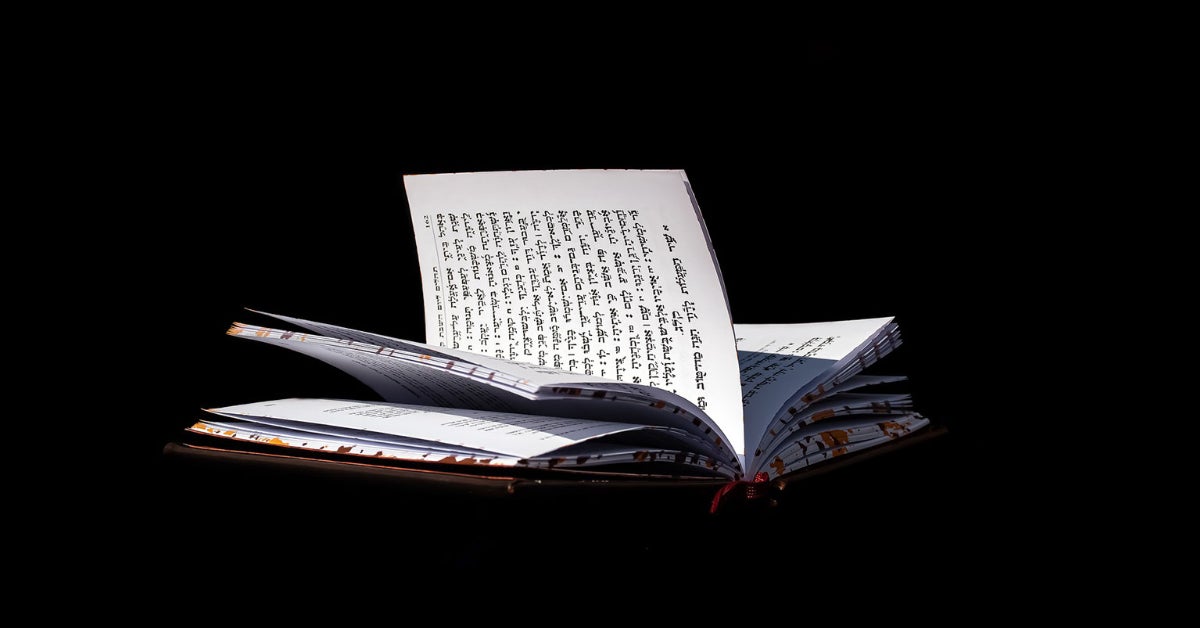Yom Kippur gives Vicksburg’s Jewish population a chance to renew their faith
Published 4:00 am Sunday, September 12, 2021
It is considered the holiest day in the Jewish religion — Yom Kippur — Day of Atonement.
Yom Kippur marks the end of the 10 Days of Awe; a period of self-inspection and repentance that follows Rosh Hashanah, the Jewish New Year.
According to Jewish tradition, it is on Yom Kippur that God decides each person’s fate, so Jews are encouraged to make amends and ask forgiveness for sins committed during the past year.
According to the History Channel website, Jewish law teaches that God inscribes the names of the righteous in the “book of life” and condemns the wicked to death on Rosh Hashanah; people who fall between the two categories have until Yom Kippur to perform “teshuvah,” or repentance.
As a result, observant Jews consider Yom Kippur and the days leading up to it a time for prayer, good deeds, reflecting on past mistakes and making amends.
“It (Yom Kippur) is a day when God decides for every Jewish person if you live or not, if you will be sick or not, if you be prosperous or not,” said Julius Herscovici, a native of Rumania who lives in Vicksburg. “It’s a holiday every Jew renews their faith. It’s a day that every Jew makes a commitment that he believes in God. We say, ‘Yes we believe in God,’ or ‘No we don’t believe in God.’
“We decide that for the next year we stay Jewish; this is the bottom line for everything when you consider prayers,” he said. “The important thing is that every year the Jewish people believe that God will look to his fire and will decide good or bad at the end of this fire.”
According to the History Channel, Jewish tradition indicates the first Yom Kippur took place after the Israelites’ exodus from Egypt and arrival at Mount Sinai, where God gave Moses the Ten Commandments.
As Moses descended from the mountain, he caught his people worshipping a golden calf and shattered the sacred tablets in anger.
Because the Israelites later atoned for their idolatry, God forgave their sins and offered Moses a second set of tablets.
Herscovici said Jews observe the first day of Yom Kippur by fasting: “We don’t drink even water.”
“I eat the night before, but while the sun is out I cannot drink water, I cannot drink anything; I cannot eat anything,” he said. “The exception is if you need to take some medicine you can take it with water. When the sun is in, you can eat.”
There are no festivities, Herscovici said. “It’s a serious decision; do you believe in God or not believe in God.”
Yom Kippur services, he said, are continuous.
“It starts in the evening when the sun sets,” he said. “You go to a special service.”
The next day, the prayers resume. “It’s not the repetition of the prayers; it’s a special service.”
There are two characteristics of Yom Kippur, Herscovici said, “You have to fast. The second is the one problem you have to decide on this day. Does God exist?”







